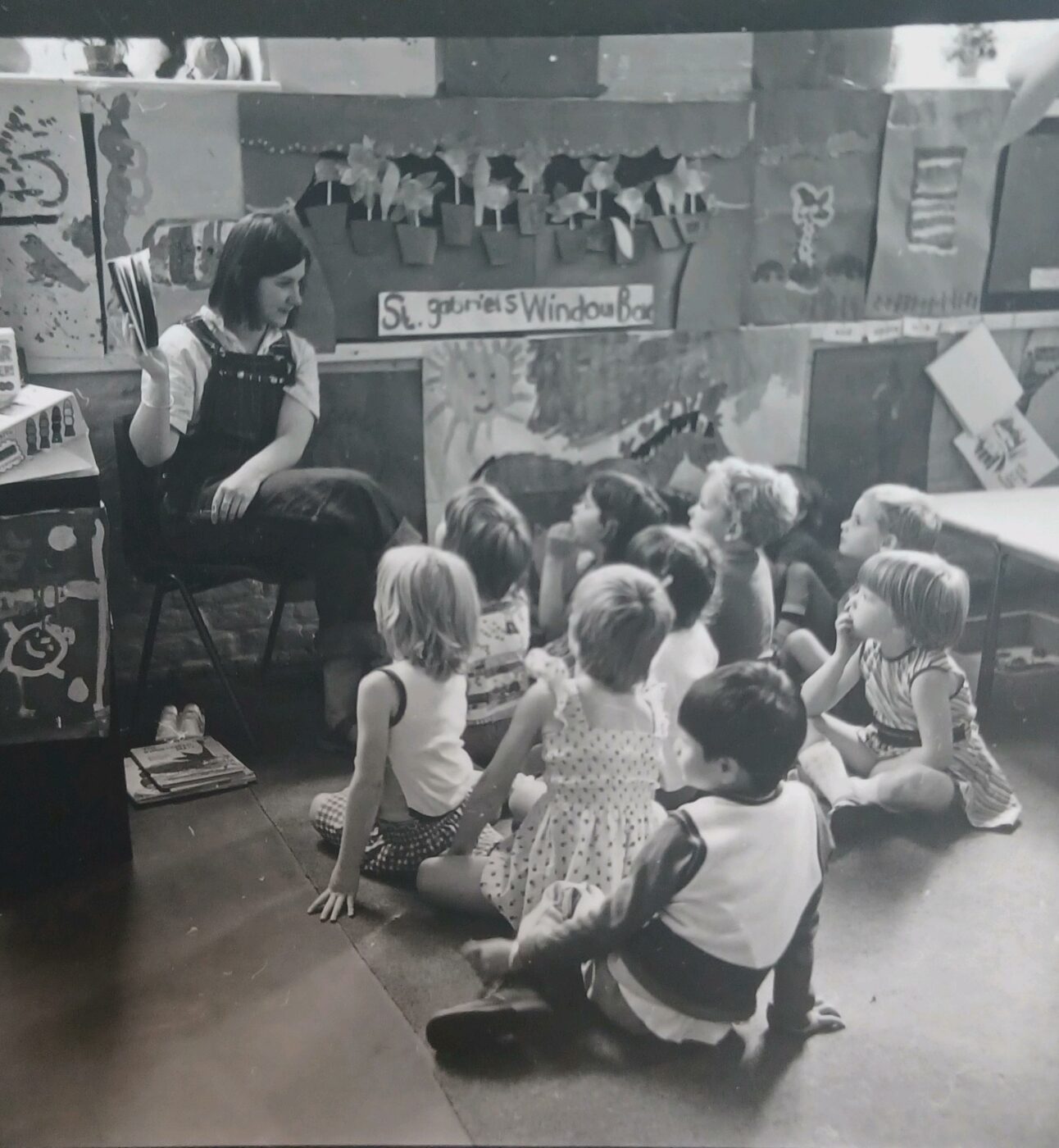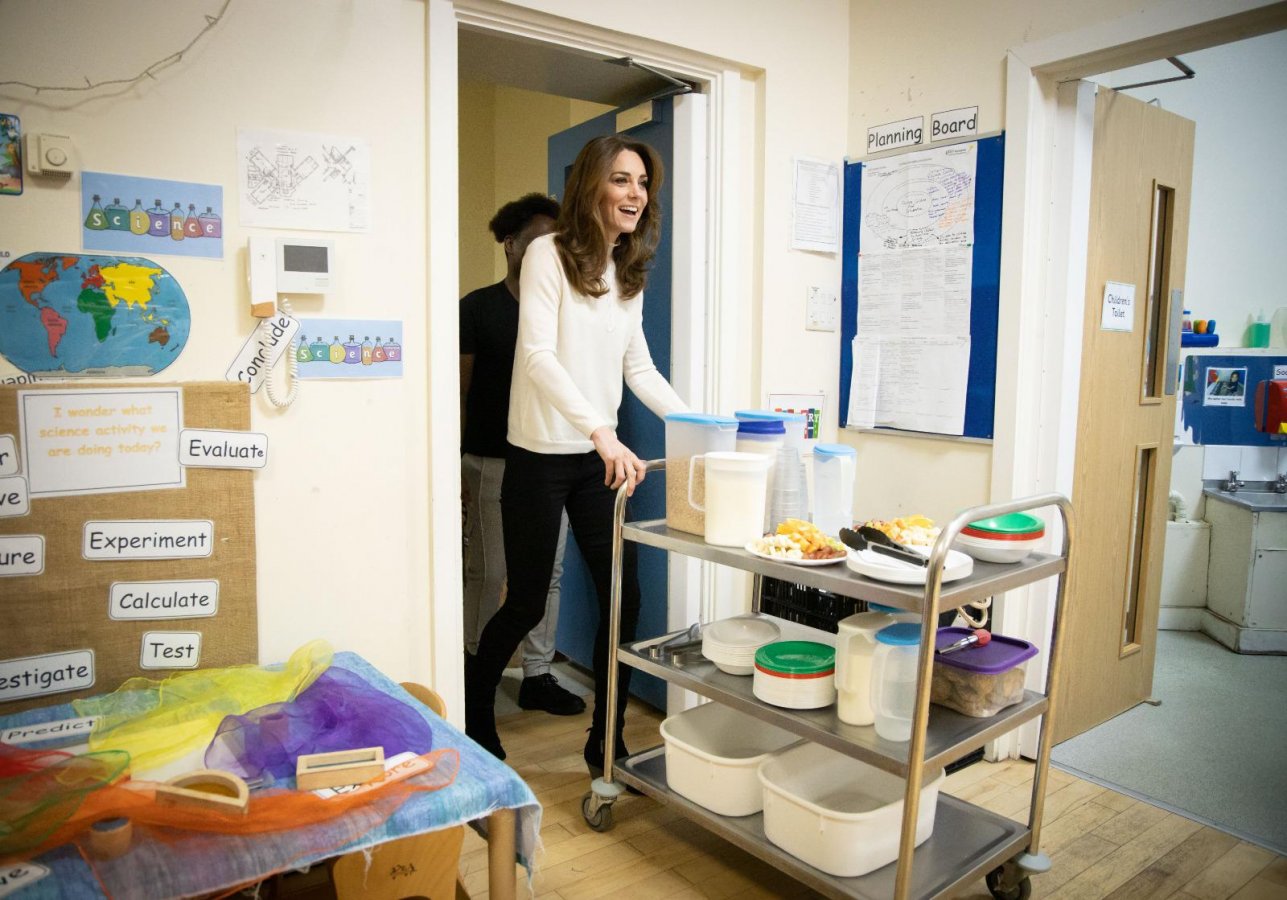
Talking Early Years: Celebrating 120 Years at LEYF
The Year That is 2023 – This year, we are proud to celebrate 120 years of LEYF. It’s been fascinating to reflect back on what has changed over…
June 17th 2014
Mr Gove seems unable to avoid controversy and so began another educational debate when he decided that schools would need to promote ‘British values.’ As ever, Early Years education was ignored but in fact values are a central and quite explicit element of the way we educate our youngest children, not least because we cannot educate small children without the very active and close involvement of parents and their communities.
What is a value? Is it not a set of principles and standards of behaviours about what is important in life? Of course these principles are mostly unconscious as we translate them into our rules, attitudes and moral codes of conduct and behaviour. The issue of values is a live one for Early Years Education as we battle to get Government and policy makers to recognise its centrality for achieving those very values described by our Prime Minister, David Cameron as freedom, tolerance, respect for the rule of law and belief in personal and social responsibility.
However our politicians, schooled in the art of blandness, continue to come out with the usual clichés to describe values, presents us with a bigger problem. This statement to teach ‘British values’ is another opportunity for Government to disrupt the whole sector. The pattern so far has been to issue a dictum, ‘consult’ and then ignore the consultation and insist its done their way. Early Years education is one example but the whole of the Education sector has been in a constant state of flux since politicians started to really mess with it. In the past, the duty of the Education Secretary was to squeeze money for milk from the Treasury. Nowadays, they are meddling with the pedagogy and curriculum while ignoring any research or experts. What happened to the thinking of Rousseau, Dewey, Froebel, McMillan and Vygotsky among others? Is it all to be abandoned in favour of what politicians refer to ‘common-sense?’ I remember the wise words of my first Open University tutor (my first degree was OU and I have liked the University ever since.) He said we are here to think deeply so let’s give ‘common sense’ a break.
There is plenty of evidence to identify British Values. The British Social Attitudes survey has been conducted annually since 1983. Every year the survey asks over 3,000 people what it’s like to live in Britain and how they think Britain is run; tracking people’s changing social, political and moral attitudes. It informs the development of public policy and is an important barometer of public attitudes used by opinion leaders and social commentators. The 2013 survey focused on the case for immigration. There is the UK Values Survey on Increasing Happiness. Citizens of England, Northern Ireland, Scotland and Wales were found to share seven values in common: caring, family, honesty, humour/fun, friendship, fairness and compassion.
Their personal values show that:
The views of 42,000 children aged 8 – 15 formed the basis of the research commissioned 2012/3 by The Children’s Society. The resulting report Good Childhood: Searching for Values in a Competitive Age by Richard Layard and Judy Dunn in 2012 which found in summary children wanted was a happier society which valued and ensured stable families, where schools developed emotionally resilient children eager to contribute to the social good in safe and secure communities, where a greater spirit of equality increases mutual respect and trust, where employment was stable and there was no risk to economic policies that jeopardise the stability to increase economic growth.
Thomas Jefferson said that the ‘care of human life and happiness is the only legitimate object of good government‘. So this Government should make the happiness of the people the main outcome which they pursue and maybe apply the value of listening.
Currently at LEYF we are refreshing our values to make sure they rightly reflect the views and ambitions of children, parents and staff. Everyday, our organisation welcomes 3000 children from a wide range of communities and cultures across London and it’s important to us that the organisation listens, articulates and translates our shared values into a clear message. This is modern Britain and so we are articulating our British/Education values. To describe LEYF values: words like nurturing, brave, fun and inspiring are front runners. How do those words translate the values into action and behaviour?
These are some of our British values and they reflect what we believe to be right for children in London today. They form the basis of our modus operandi.
But Mr Gove, in answering your request that we teach and live by our British values, will you leave it at that? Will you prevent policy meddling when some of the values do not fit comfortably with yours or that of your Government? Will you trust our British values?

The Year That is 2023 – This year, we are proud to celebrate 120 years of LEYF. It’s been fascinating to reflect back on what has changed over…

The other night I was watching my new late-night Netflix addiction, How to Get Away With Murder. I have reached Series 5 where the main protagonist, Annaliese Keating is…

We all know that the Tiger comes to Tea but we have never had a Duchess come to Breakfast. https://www.youtube.com/watch?v=-6hzbLzcprE The Duchess of Cambridge lightened up our…